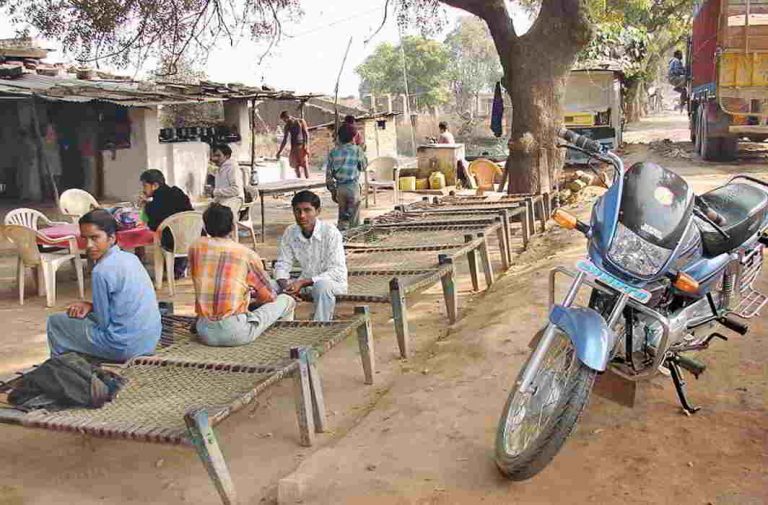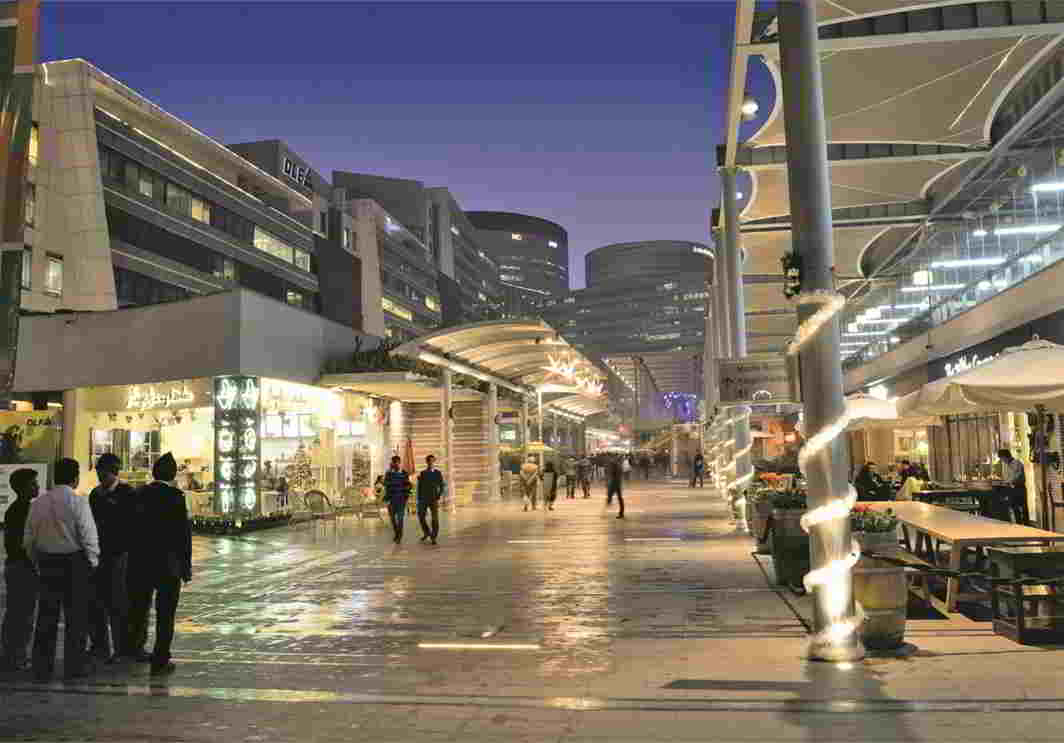
The move to prohibit the sale of booze near highways is an ineffective one as it will be sold illicitly and people will drink behind the wheel

~By Bikram Vohra
We will soon be a nation on the sly rather than the fly. Carry on like this and it is a given. Slyly imbibing alcohol in states that are dry. Slyly finding connections to the bootlegger. Slyly concealing our booze stock so that we cannot be reported.
At the outset, there is nothing magical about 501 metres. Also, as the crow flies, it is a lot more than half a kilometer and captures a lot more of the restaurants and hotels than one would imagine. On a motorable twist and turn premise, perhaps half the outlets would have been “saved”.
But as tourist-oriented places like Goa literally wring their hands in dry misery, the most important aspect is the non-effectiveness of the ban. All it does is create a temporary inconvenience. And one that will be overcome in weeks if not days.
Already, bootleggers must be ecstatic as even limited prohibition boosts their bottom lines and it will not take much to establish a supply line to truckers and other drivers of sundry vehicles. Once the delivery boys are in situ, it will take them under four minutes to fill an order and if they have cycles, even less. So, as the mafia flexes muscle, the supply end should be no problem. Organised crime, often in cahoots with the police, will take over. It always does and it is naïve in the extreme to think otherwise. We do not live in Utopia, so to believe that by some miracle there will be a by-the-book upstanding nationwide and an agreement of probity and honesty is almost laughable.

The second aspect is the danger of prices going up because of the extra effort involved in the reworked infrastructure, thereby forcing truckers to change their drinking habits and buying cheaper stuff. Enter the various forms of rotgut and guess who gets a fillip…illicit distilleries.
The other danger is that drinking behind the wheel will increase exponentially. Drivers being robbed of their dinner at the roadside inn, a charpoy to rest on and a couple of tots to relax and ease the stress of driving long hours will now follow the “to go” option and carry their alcohol into the cabin. Over the years, the myth has gelled into a reality that they need the drink, it makes them stay awake and drive safer rather than more dangerously. This equation is not folklore in their minds but an actuality. It is a tradition and part of the trucker DNA.
Just officially blocking a 500 m swathe of real estate on either side of highways is not going to hack it. Rash driving and callous indifference should be tackled.
They will walk more than half a kilometer to get it.
With the country holding the world record in road deaths at around 400 a day, of which a little over half are on highways and the rest in cities, the two main causes are speeding and yes, drunken driving. Overloading of trucks and frightful maintenance in which the axle snaps are the most common contribution to accidents.
There are no stats available for what percentage of accidents are caused by drunks but it is a sobering thought that over 62 percent of the 1,40,000 people who die every year in crashes and collisions (one in five being minors) are pedestrians. This means that just officially blocking a 500 m swathe of real estate on either side of highways is not going to hack it. It is the carelessness of rash driving and callous indifference to life in the city that should be tackled. Most of the deaths occur in the city and are caused by careless driving under the influence of liquor.
The whole aim of the exercise is lost now that efforts are underway to denotify highways. The ribbons where the milestones are in yellow on white are national and the ones that are green on top are state ways. By officially denotifying these roads, the Supreme Court order can be bypassed and the liquor shops and restaurants kept open. If that’s the way to circumnavigate the law, why even bother to impose it on a luckless few who might be caught in the dragnet.
Truth be told, people will drink and find drink if they are so inclined. As states like Maharashtra, Rajasthan and UP move their bureaucracy to whitewash the yellows and greens and convert them into urban roadways which are marked by white milestones, the irony is doubled. One, the government itself, whether state or centre, is trying to beat its own Supreme Court’s decision, which is odd in itself since it should either appeal or enforce the legal fiat. Add to that the fact that this is being achieved by cheating blatantly and you have a very awkward situation.
Like it or not, such a ban might have made a bit of sense in cities and towns where city roads would have been included. That means every restaurant and hotel in India would be adversely impacted and we would have virtual public prohibition in the country.
The way it is now, is this move to lower the status of the roads a contempt of court?

